Each year, we strive to improve upon our standards as the most sustainable basics brand in the market - from the materials we use to produce and package our goods, to the partners we choose to work with. While 2022 challenged Subset in many ways, we remain steadfast in our commitment to running an environmentally and ethically founded business. We are proud of our progress, and are excited to share all that we have accomplished. Keep scrolling to read the 2022 Impact Report.

To be the most sustainable basics company out there

To lead fashion's transition to sustainable production practices and products
Progress is meaningless without reflection, so we like to highlight our goals at the beginning of the year, and see what strides we made to achieving them. Here’s what we did, and what we’re still working on:
Expand our portfolio of sustainable production partners in order to bring better products to market
We partnered with a new GOTS and Oeko-Tex certified manufacturer based in Istanbul, Turkey in order to manufacture our Sock collection. This supplier has also undergone a Sedex Ethical Trade Audit - we are excited to continue growing our group of responsible suppliers as our offering expands!
Improve our carbon emission measurement capabilities
As part of our Climate Neutral certification, we invested in their proprietary measurement software, the Brand Emissions Estimator tool (aka, BEE). This allowed us to add super granular data - like the distance & shipping method of each and every customer order - so that the assessment of our carbon footprint is more accurate. This precision means we have a better idea about where we need to focus our efforts towards reduction in the future.
Reduce textile waste in production through improvements in design and making better use of our fabric scraps
We reviewed our pattern cutting process to ensure that we are using our materials efficiently, and that our fabric scraps are put to use post-production. While they are currently being sold as rags, we hope to someday incorporate them in our products when textile recycling becomes more attainable overseas.
Integrate recycled cotton into our offerings
While we tested recycled cotton, we have yet to find a solution that matches the softness and durability of the organic cotton we use, and will continue to explore this materiality in the future.
Put resources behind tracing our Tier 3 and 4 suppliers
Investing in the technology to trace our Tier 3 and 4 suppliers remains a financial goal for us as our supply chain expands in complexity and reach.
There are many reasons as to why we have made GOTS-certified organic cotton our #1 preferred material - and why it remains over 90% of our material portfolio! Organic cotton is grown without the use of synthetic and toxic pesticides or fertilizers, making it better for the planet and its surrounding communities. Plus, our GOTS-certified supply chain ensures that no harmful chemicals are used throughout the entire manufacturing process, and that everyone involved in the process is paid and treated fairly and ethically.
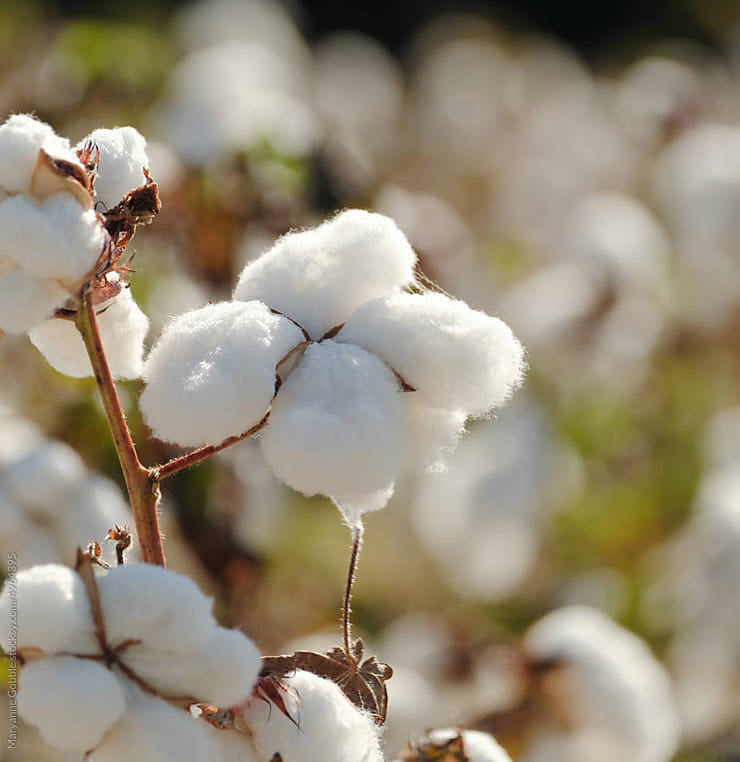
We mapped the makeup of our material usage in terms of fiber across all of our products below. Note - this measurement is exclusive of trims, which historically make up about 15% of our product mix by weight. They are made with a mix of recycled nylon, Tencel, polyester & elastane.
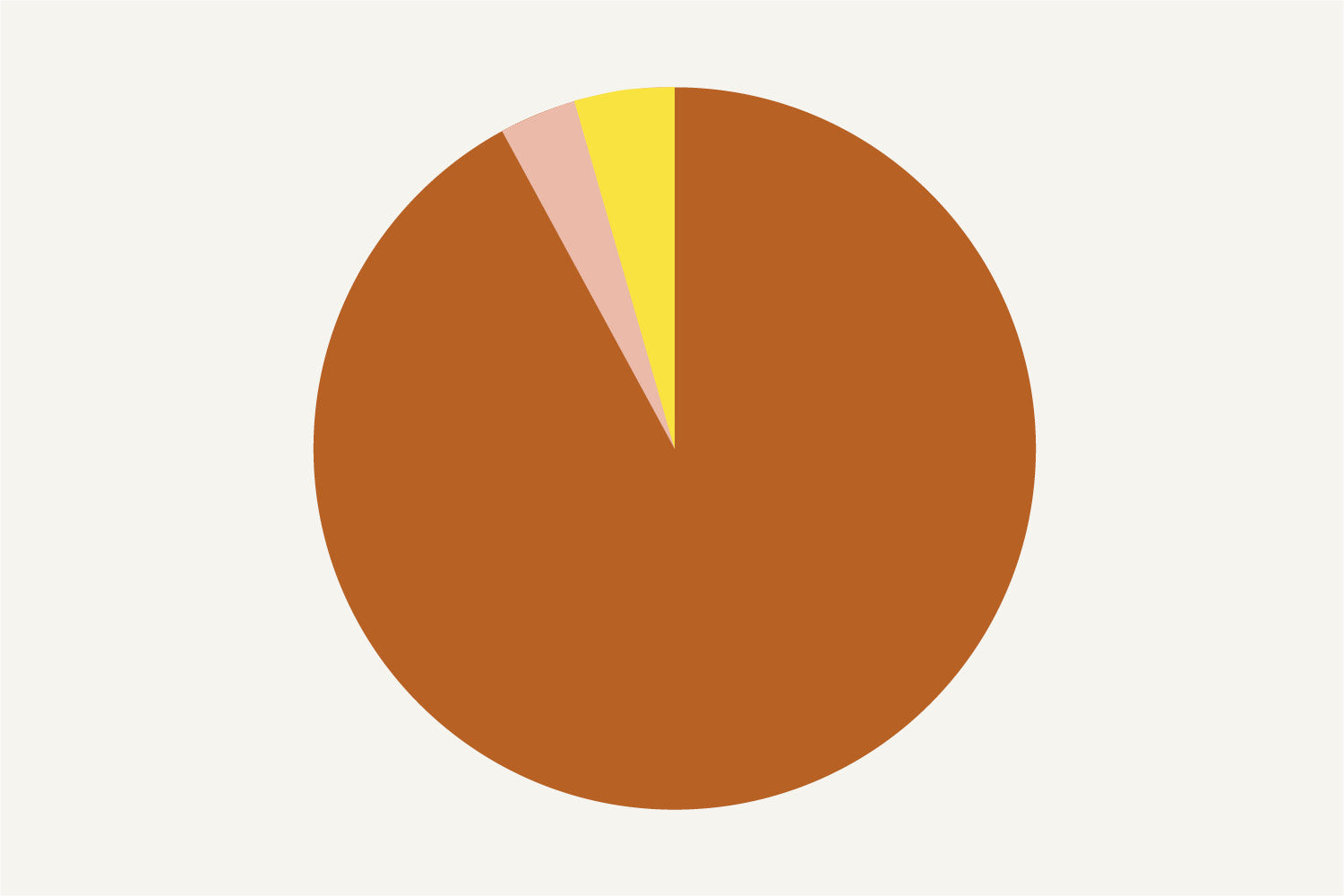
3.4% of Our Fiber Portfolio
92.1% of Our Fiber Portfolio
4.5% of Our Fiber Portfolio
In 2022, we refined what a “preferred material” means to Subset. With so much material innovation in the fashion industry today, we felt that we needed to set clear and ambitious targets for where we want our materials to be in the future. These are aspirational goals - they represent absolute ideals, and may not be possible today, or even in the future. As material innovation furthers, we will continue to work to get as close as possible to our North Stars each year.
100% Natural
All Subset materials should be from natural sources, and should be from those that require the least processing.
100% Organic
All Subset materials should come from sources that use organic farming practices.
100% Recycled
All Subset materials should come from recycled sources, with ethical feedstocks.
Fair Trade Certified
All Subset materials should be made by workers who are paid a living wage, have reasonable working hours & time-off, and are not subject to discrimination of any kind. This should be guaranteed by a third-party certification (either Fair Trade or another certification that ensures fair labor - ie. GOTS).

We work with Green Story to publish the impact of our products. On each Product Page, you can see the carbon footprint, water savings, and land area saved from pesticides of the product you are browsing. This not only helps our customers to understand the impact of choosing more sustainable materials, but it also pushes other brands to begin measuring the impact of their products.
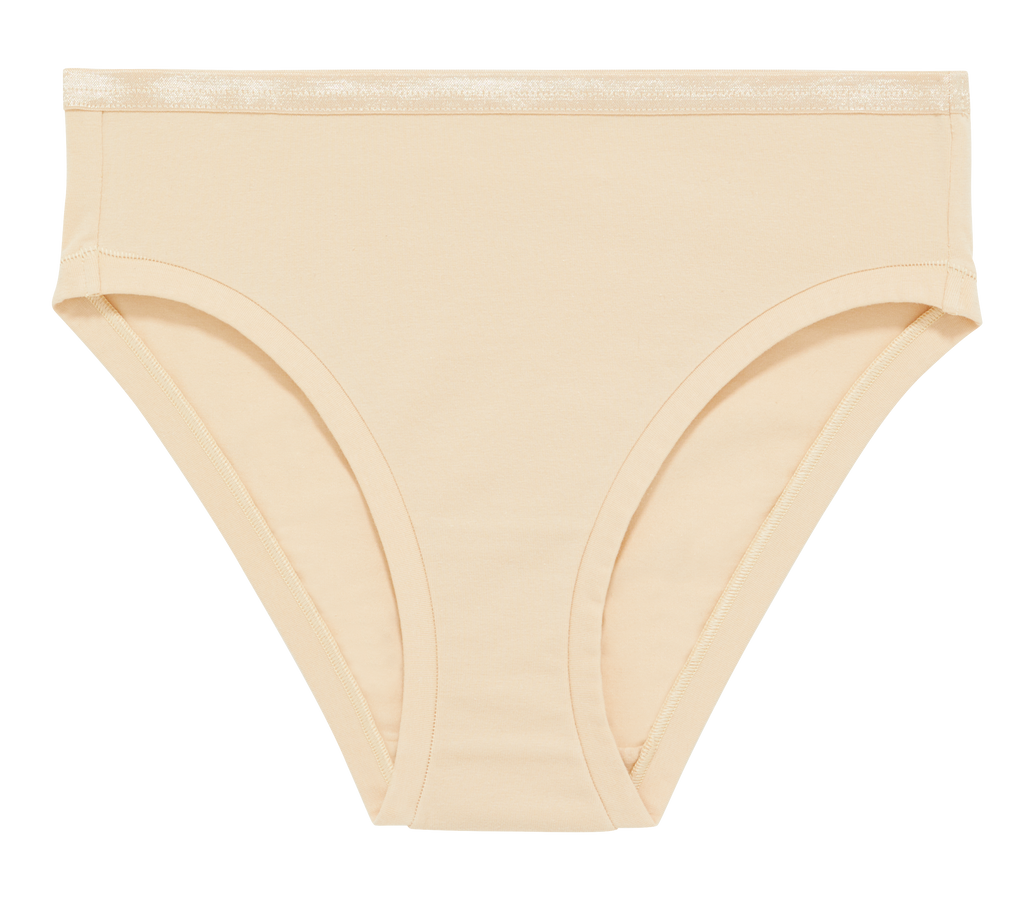


We reviewed and refined our 2021 footprint after publishing last year’s Impact Report. Our 2022 Carbon Footprint is still being calculated, so we are providing our amended 2021 footprint here.
372
metric tonnes
For the past three years, we have achieved Climate Neutral Certification, meaning that we have fully offset our emissions - making Subset a completely carbon neutral company! Meeting the Climate Neutral Certification also means we have used best-in-class Climate Neutral-approved carbon credits, that are verified by the most reputable carbon registries in the world.
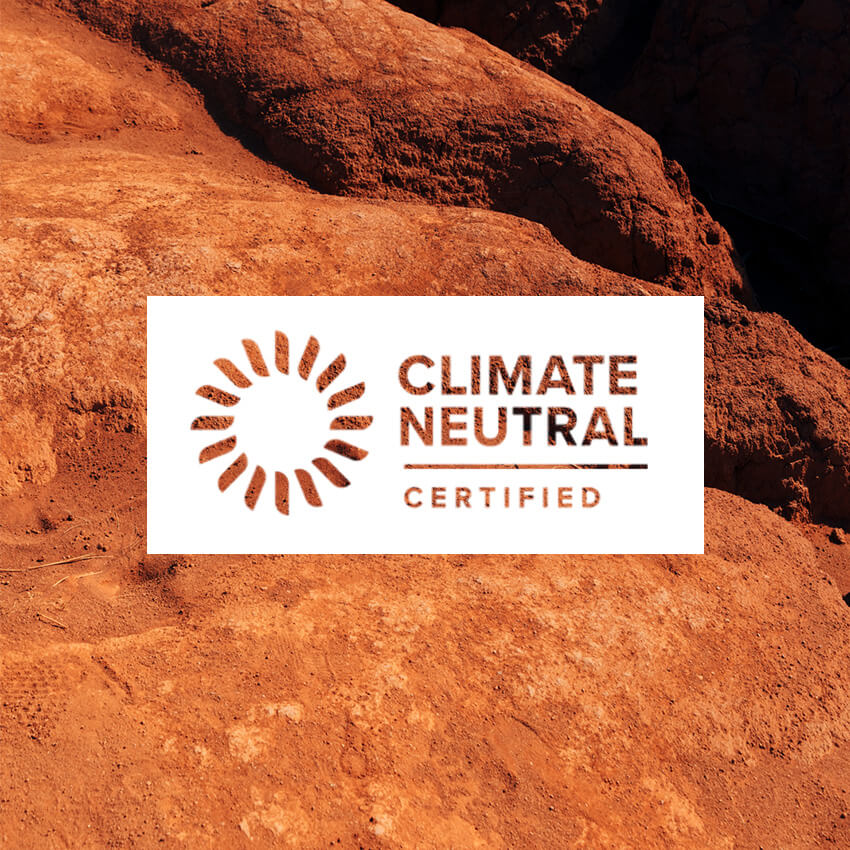
When selecting the projects to offset our carbon footprint, we wanted to invest in initiatives that align with our values. This year, we are supporting programs that uplift women in Kenya and support families locally in India, where our products are made.
The BURN Cookstoves project in Nairobi, Kenya provides clean cookstoves to families across Kenya, who otherwise would use inefficient stoves that can produce harmful smoke and emit greater amounts of CO2. Providing clean cookstoves to families can also help to alleviate gender inequality, as women and girls are often tasked with collecting the fuel for cooking, which can take away from their ability to attend school and pursue other activities.
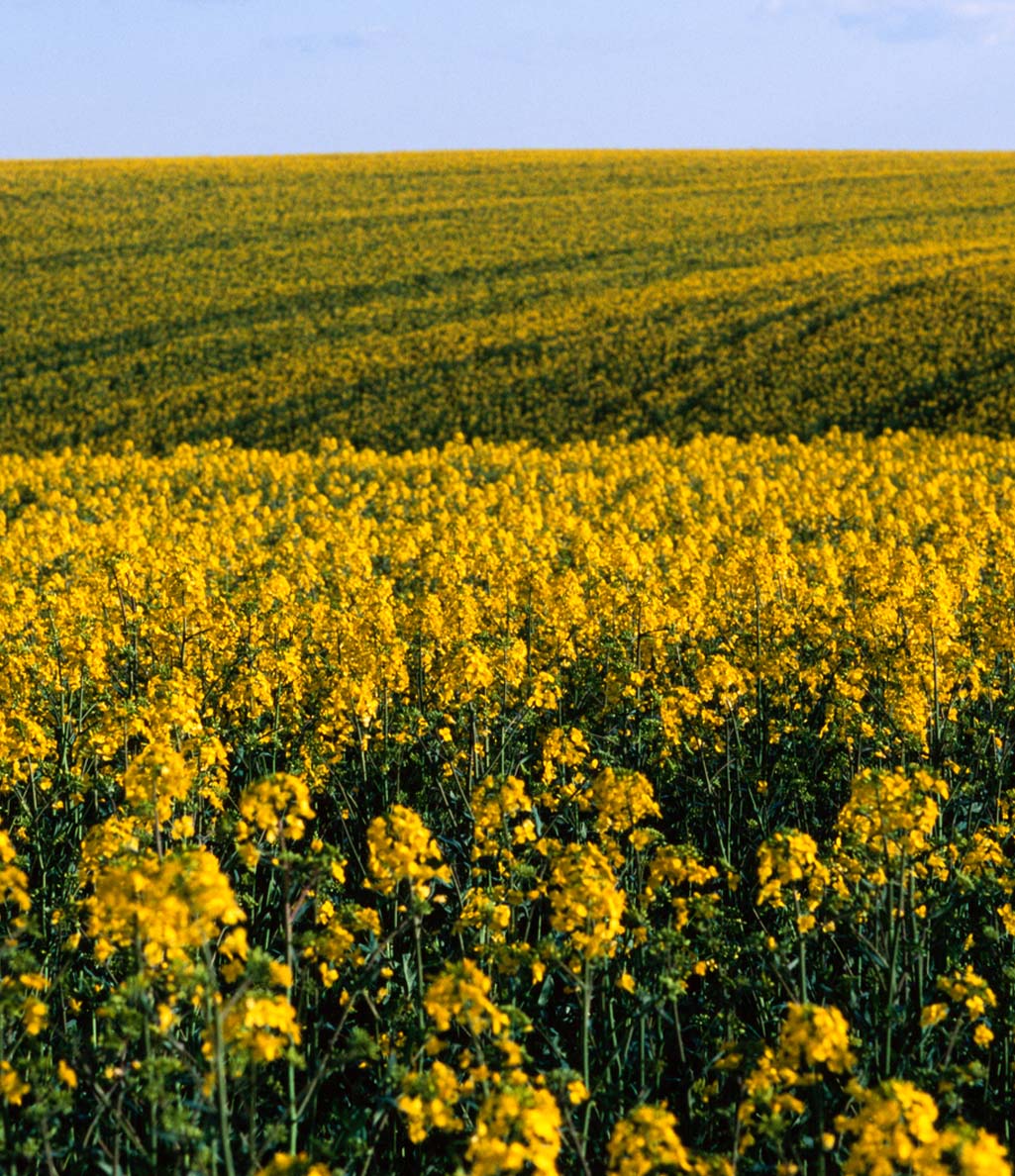

We know that offsetting is not the silver bullet solution to curbing carbon emissions. The most important way to do that is to actually reduce emissions in the first place! However, as much as we push to reduce our carbon footprint throughout our entire supply chain, there are some areas where we have little to no control over the total energy use or fuel source - like the gasoline that USPS uses to power their delivery trucks. We will continue to work to reduce energy use and emissions in areas that we can control, and use offsets to make an impact in the areas of our supply chain where we can’t.
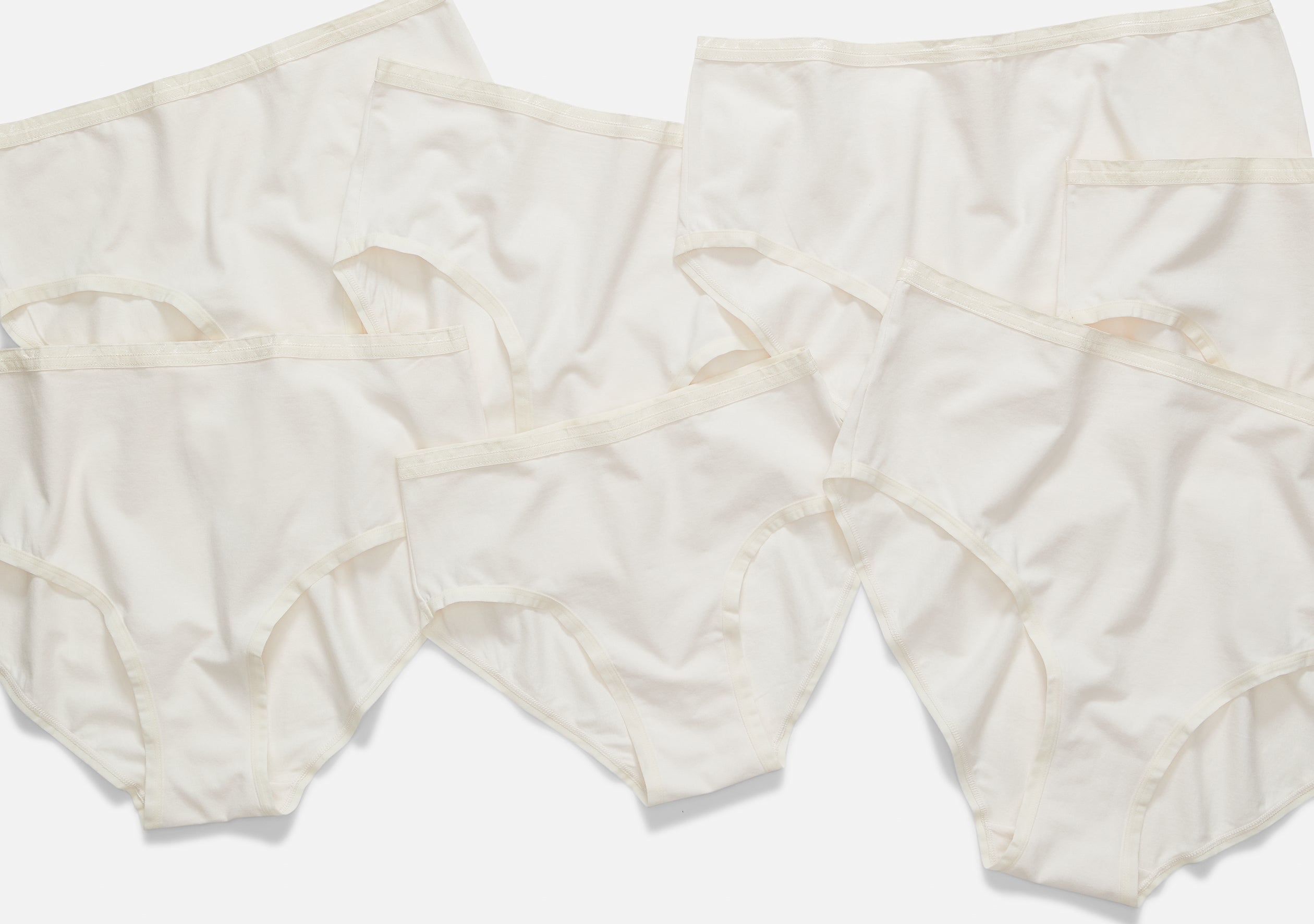
In 2018, we launched the world's first recycling program to save underwear, socks, bras and tights from ending up in the landfill. In 2022, we hit a huge milestone - crossing the 1 Million Items mark! Here’s how much we've recycled so far:
of undies, bras, socks & tights
recycling packages processed
items diverted from landfill
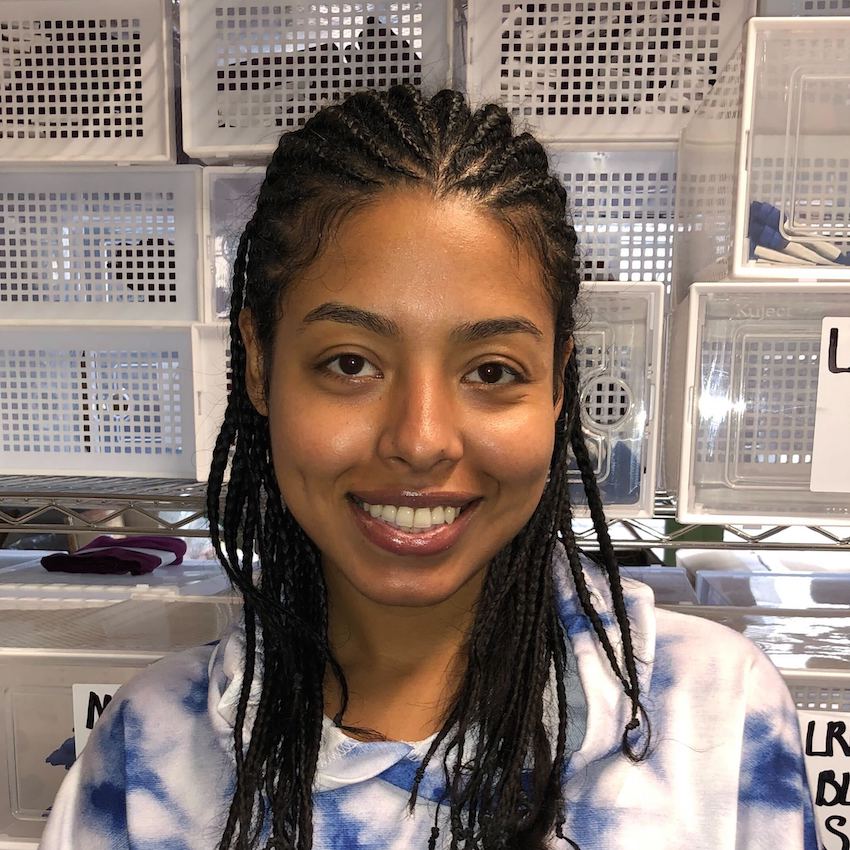
Meet Chasity, our Fulfillment Manager! As part of our warehouse and fulfillment team, Chasity makes sure that your orders get to you on-time and in one piece.
From the beginning, we have only worked with Fair Trade certified factories. These facilities pay a living wage, provide a safe and healthy working environment, assign reasonable hours, and allow workers to organize and collectively bargain.
In 2022, we expanded our Fair Trade network of manufacturers to produce our socks. Based in Turkey, this manufacturer is GOTS and Oeko-Tex certified, and has undergone a Sedex evaluation for ethical working conditions.
We also participate in Fashion Revolution Week annually, sharing the individuals that make our clothes with the world. This includes our manufacturing team in India and Turkey, our design team, and our distribution team in New York!
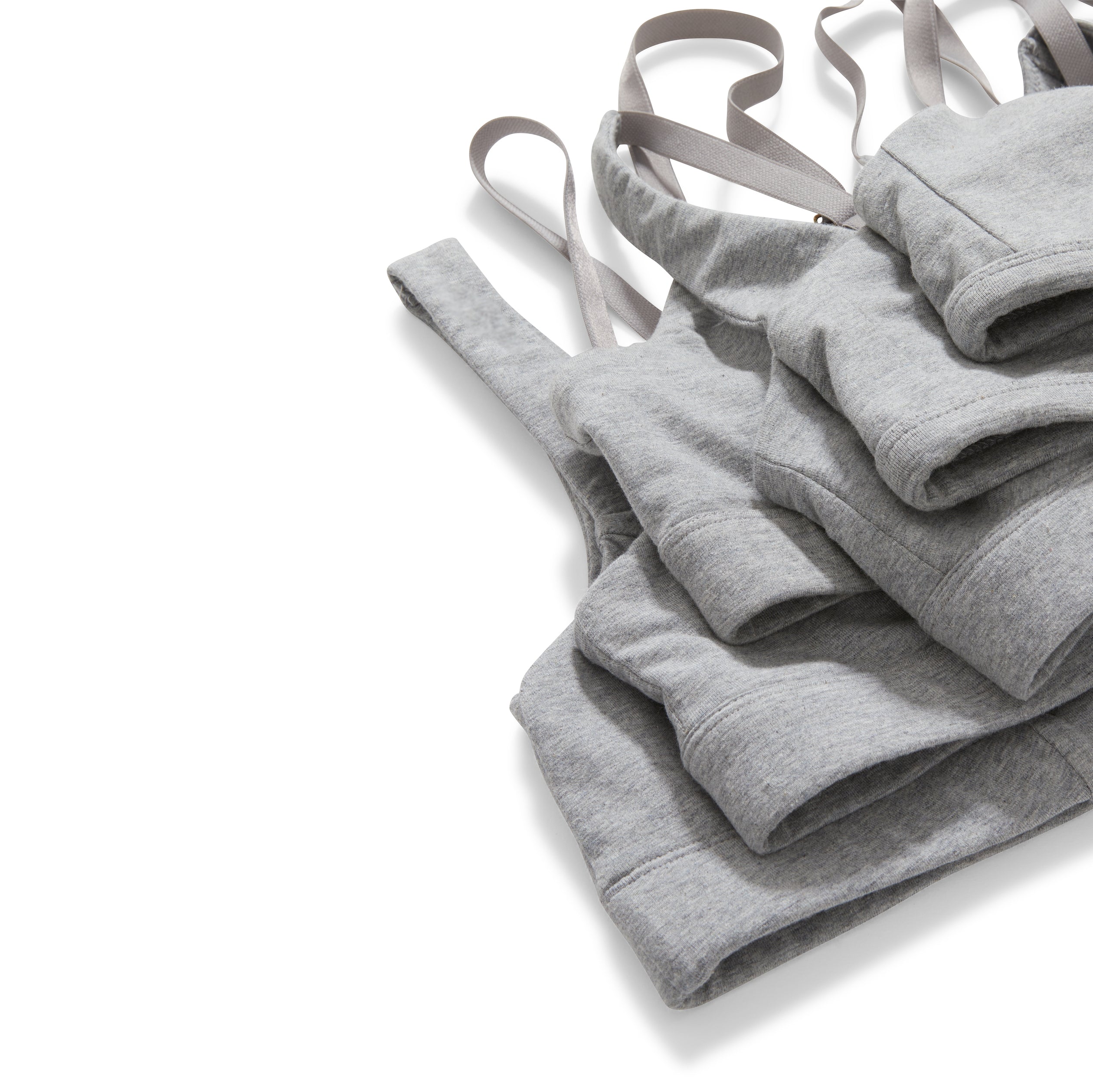
Since we launched, we have always prioritized community engagement and support - in providing new, clean underwear to individuals and communities in need. This year we donated over 2,260 items to organizations across the country.
In January, we donated 200 pairs of undies to help the victims of the Bronx apartment fire recover.
We donated over 600 Bralettes to I Support the Girls, an organization working to provide menstrual care and undergarments to women and folx in need.
Based in Portland, Oregon, Cultivate Initiatives provides essential services to those experiencing homelessness. We donated over 370 Bralettes and Undies to support their mission.
Based in the Harlem neighborhood of Manhattan, Harlem Grown’s mission is to inspire youth to lead healthy and ambitious lives through mentorship and hands-on education in urban farming, sustainability and nutrition. Harlem Grown operates 13 urban farms, ranging from soil-based farms, hydroponic greenhouses and school gardens.
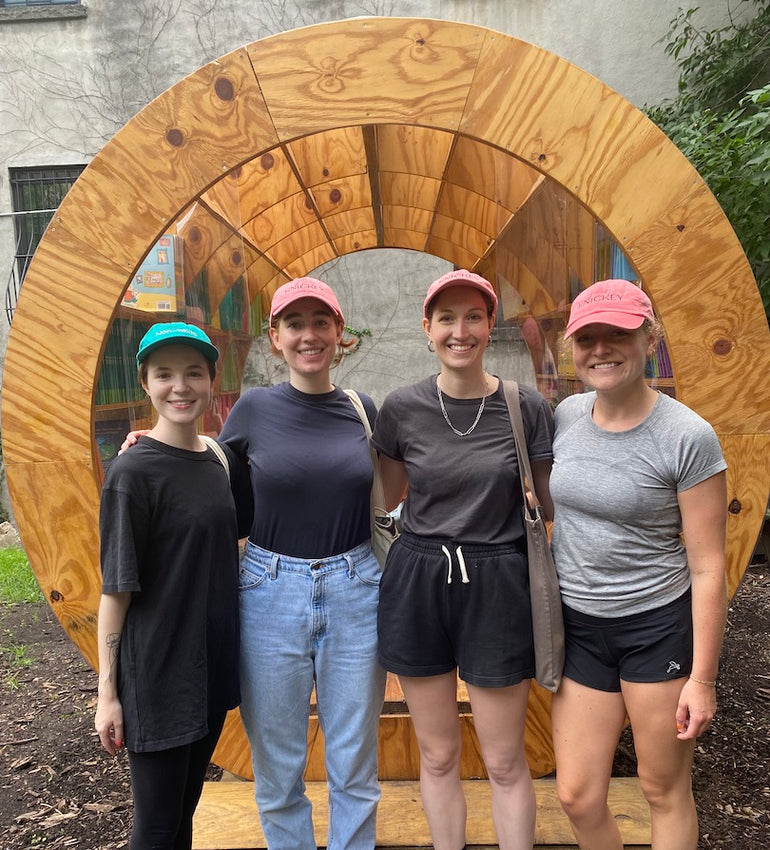
By subscribing, you agree to receive marketing emails and/or SMS messages from Subset. Message frequency may vary. Standard message and data rates may apply. You can unsubscribe at any time by clicking the unsubscribe link in our emails or replying STOP to our text messages. We respect your privacy and will never share your information with third parties. For more details, see our Privacy Policy.